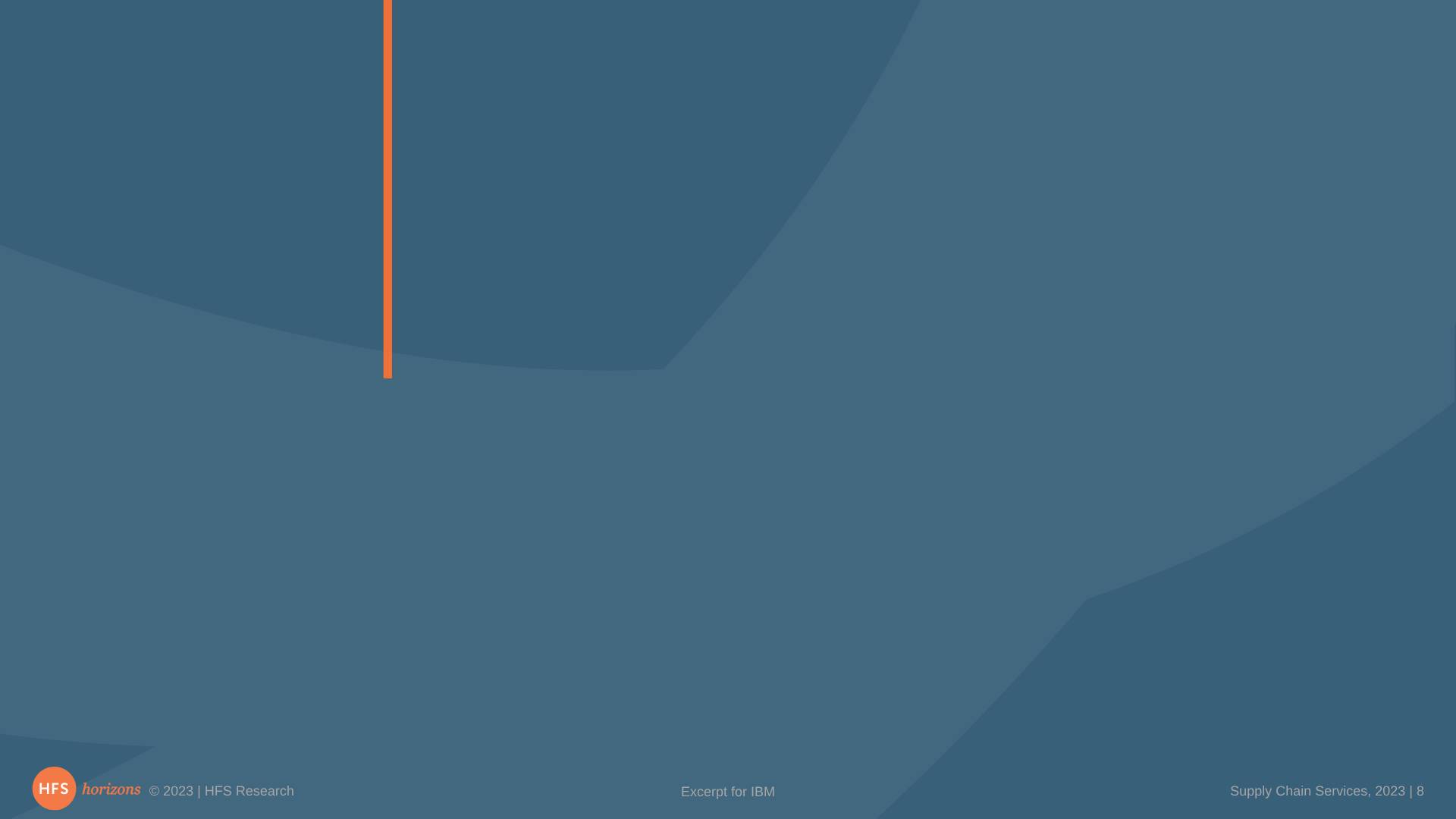Why PC sales are bouncing back from a lengthy slump
Windows 11 and AI PCs are breathing new life into the notebook and desktop market


PC sales have bounced back from their worst decline ever, with Windows 11 hardware upgrades and the arrival of high-end AI PCs likely to boost interest from business further this year.
Tech analyst firms Canalys and IDC have published their separate assessments of the PC market in the first quarter of 2024, with both showing growth in sales compared to the same quarter a year ago.
Worldwide shipments of desktops and notebooks grew 3.2% to 57.2 million units in Q1 2024, according to Canalys. It said notebook shipments (which includes mobile workstations) were up 4.2% to 45.1 million units, while desktop shipments (under which it includes desktop workstations) were down by 0.4% at 12.1 million units.
While the growth was modest, it reflects the ongoing recovery in PC demand which is likely to accelerate throughout the year, it said.
Growth in the first quarter of 2024 bodes well for a strong PC market throughout the year, said Ishan Dutt, principal analyst at Canalys, who said the strength of the hardware refresh opportunity, particularly from businesses, is beginning to come through.
Dutt said the market is going to strengthen as customers prioritize upgrades in preparation for their large-scale transition to Windows 11. The current PC installed base is larger and older than ever, which means there is a huge opportunity for hardware manufacturers, he said.
The wider introduction of AI-capable PCs in the second half of the year will also give the market a boost, and give those users who have held off on buying new PCs during the post-pandemic downturn, a reason to upgrade. Canalys forecasts that nearly 50 million PCs shipped in 2024 will be AI-capable.
Get the ITPro daily newsletter
Sign up today and you will receive a free copy of our Future Focus 2025 report - the leading guidance on AI, cybersecurity and other IT challenges as per 700+ senior executives
PC makers are keen on the emerging concept of the AI PC, which generally includes some form of dedicated AI accelerators, such as Neural Processing Units (NPUs) plus new features for productivity and personalization.
Dutt said one general trend Canalys has also seen post-pandemic is the continued preference of notebooks over desktops.
Notebooks have averaged around 75-80% of total PC shipments over the quarters since the onset of Covid, largely driven by the shift to hybrid work and learning. This is up from about 65-70% share prior to the pandemic, he told ITPro.
Industry sectors where desktops were popular - such as in finance and in the public sector - were forced to move towards more mobile form factors, and some of that trend has endured until now, he said.
RELATED WHITEPAPER
“Within notebooks, we have seen greater success with thin-and-light form factors, with ultra-slim laptops accounting for a larger share of the market in recent years.”
According to Canalys, Lenovo led the PC market in the quarter with a 24% market share, seeing growth of 8% - and shipping 13.7 million notebooks and desktops.
Second-placed HP posted a flat performance, shipping 12 million units. Dell, in third place, saw shipments decline 2% year on year. Apple took fourth place with growth of 2.5%, boosted by the launch of the new MacBook Air which arrived late in the quarter.
Dutt said Lenovo remains resilient based on the breadth of its portfolio across product categories, end-user segments, price bands as well as its more balanced geographical strength, with their business in China and Asia-Pacific helping to offset some of the weaker performance elsewhere over the last few quarters.
IDC also published its analysis of the first quarter of this year, seeing slightly lower growth at 1.5% year over year and PC shipments hitting 59.8 million.
“Growth was largely achieved due to easy year-over-year comparisons as the market declined 28.7% during the first quarter of 2023, which was the lowest point in PC history,” the analysts noted.
The first quarter of 2023 was something of a perfect storm for the PC industry, with weak demand, excess inventory and a worsening economic outlook of high inflation and high interest rates leading to a massive drop in shipments as businesses and consumers tightened their belts.
A year later, these pressures have now, at least, started to ease. IDC said global PC shipments finally returned to pre-pandemic levels as the first quarter of this year closed in on the 60.5 million units shipped in the first quarter of 2019.
As inflation begins to trend down, PC shipments have begun to recover in most regions, leading to growth in the Americas as well as Europe, the Middle East, and Africa, IDC said.
China is the largest consumer of desktop PCs, and weak demand there led to yet another quarter of declines for global desktop shipments. Desktop shipments were already under pressure because of the rise of the notebook as the preferred form factor for most users.
"Despite China's struggles, the recovery is expected to continue in 2024 as newer AI PCs hit shelves later this year and as commercial buyers begin refreshing the PCs that were purchased during the pandemic," said Jitesh Ubrani, research manager with IDC's Worldwide Mobile Device Trackers.
Ubrani said that AI PCs are also expected to carry higher price tags, providing further opportunity for PC and component makers.
According to IDC, Lenovo held the top spot and outgrew the market largely due to the steep decline in shipments experienced in 1Q23. Apple's strong growth was also due to an “outsized decline” in the prior year, it said.
Steve Ranger is an award-winning reporter and editor who writes about technology and business. Previously he was the editorial director at ZDNET and the editor of silicon.com.
-
 Bigger salaries, more burnout: Is the CISO role in crisis?
Bigger salaries, more burnout: Is the CISO role in crisis?In-depth CISOs are more stressed than ever before – but why is this and what can be done?
By Kate O'Flaherty Published
-
 Cheap cyber crime kits can be bought on the dark web for less than $25
Cheap cyber crime kits can be bought on the dark web for less than $25News Research from NordVPN shows phishing kits are now widely available on the dark web and via messaging apps like Telegram, and are often selling for less than $25.
By Emma Woollacott Published
